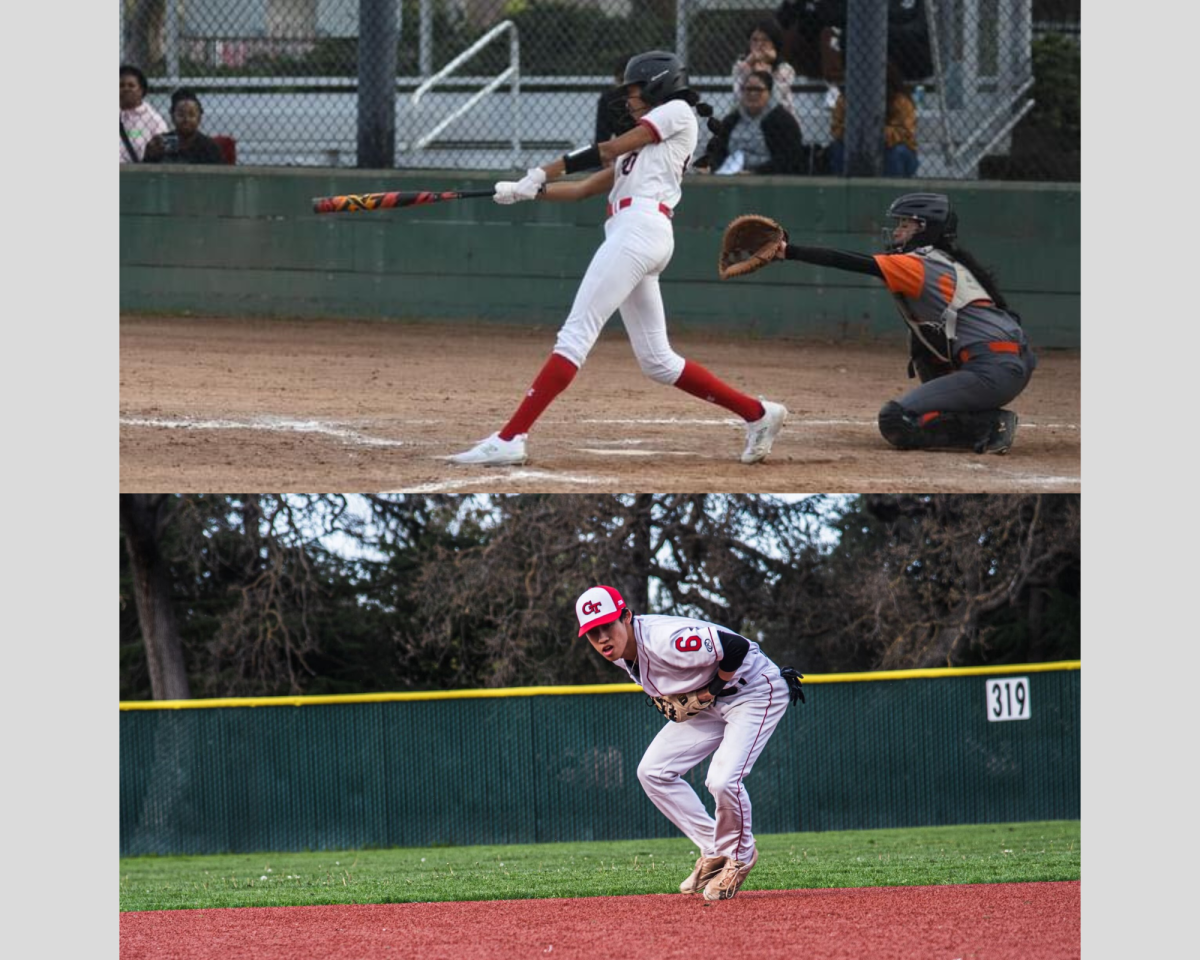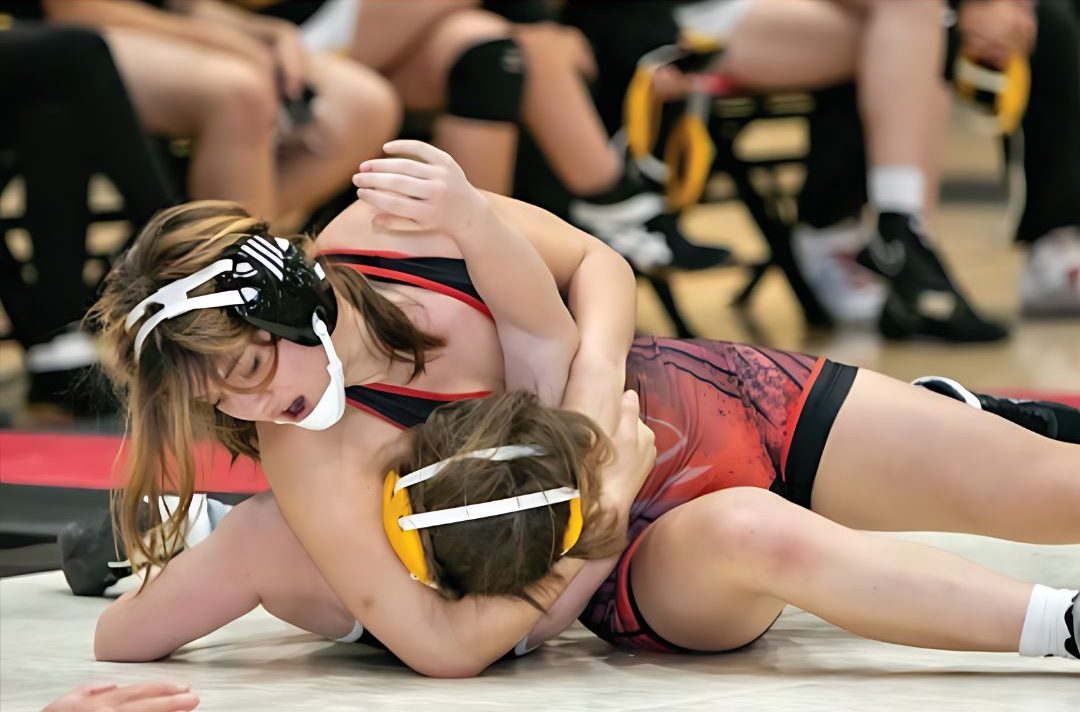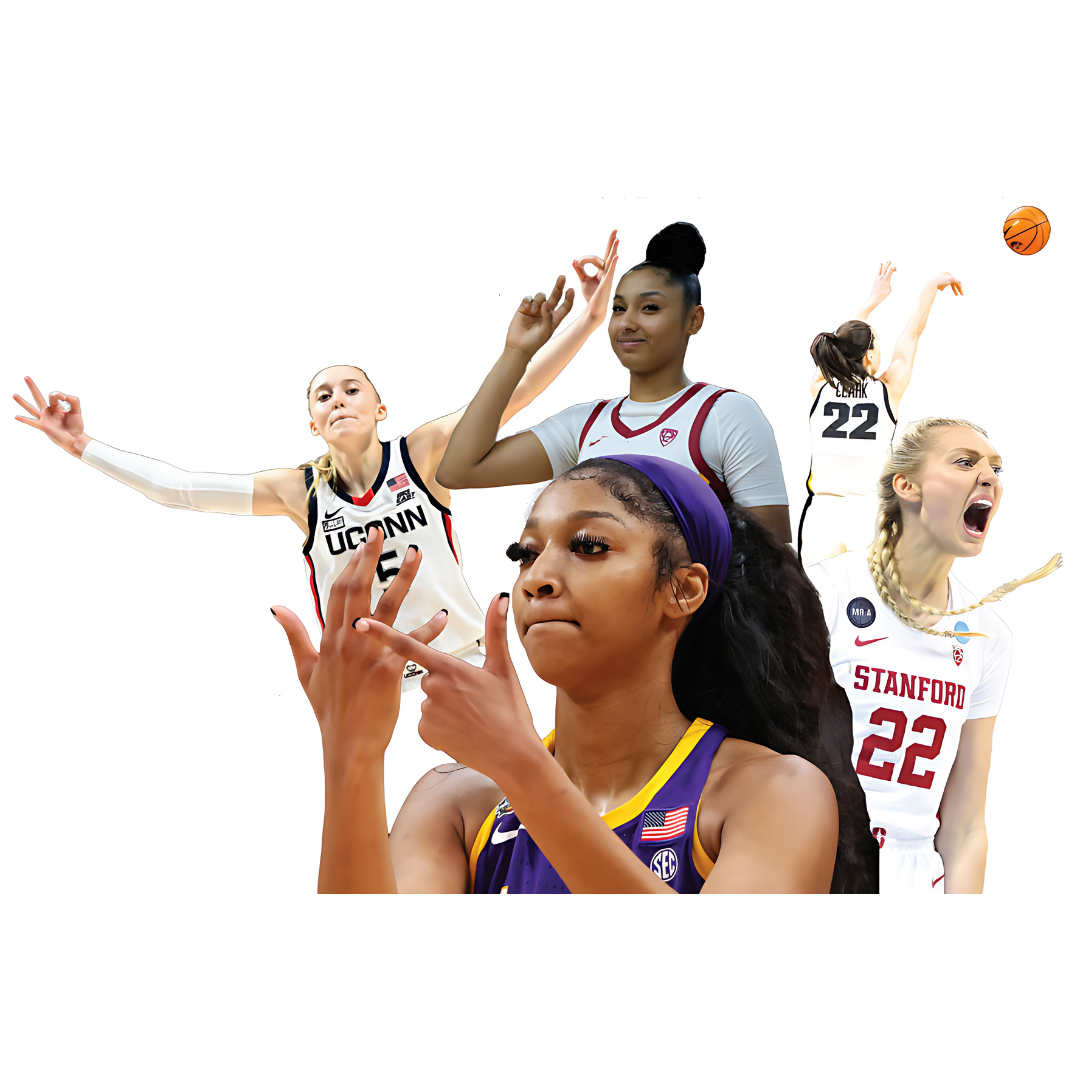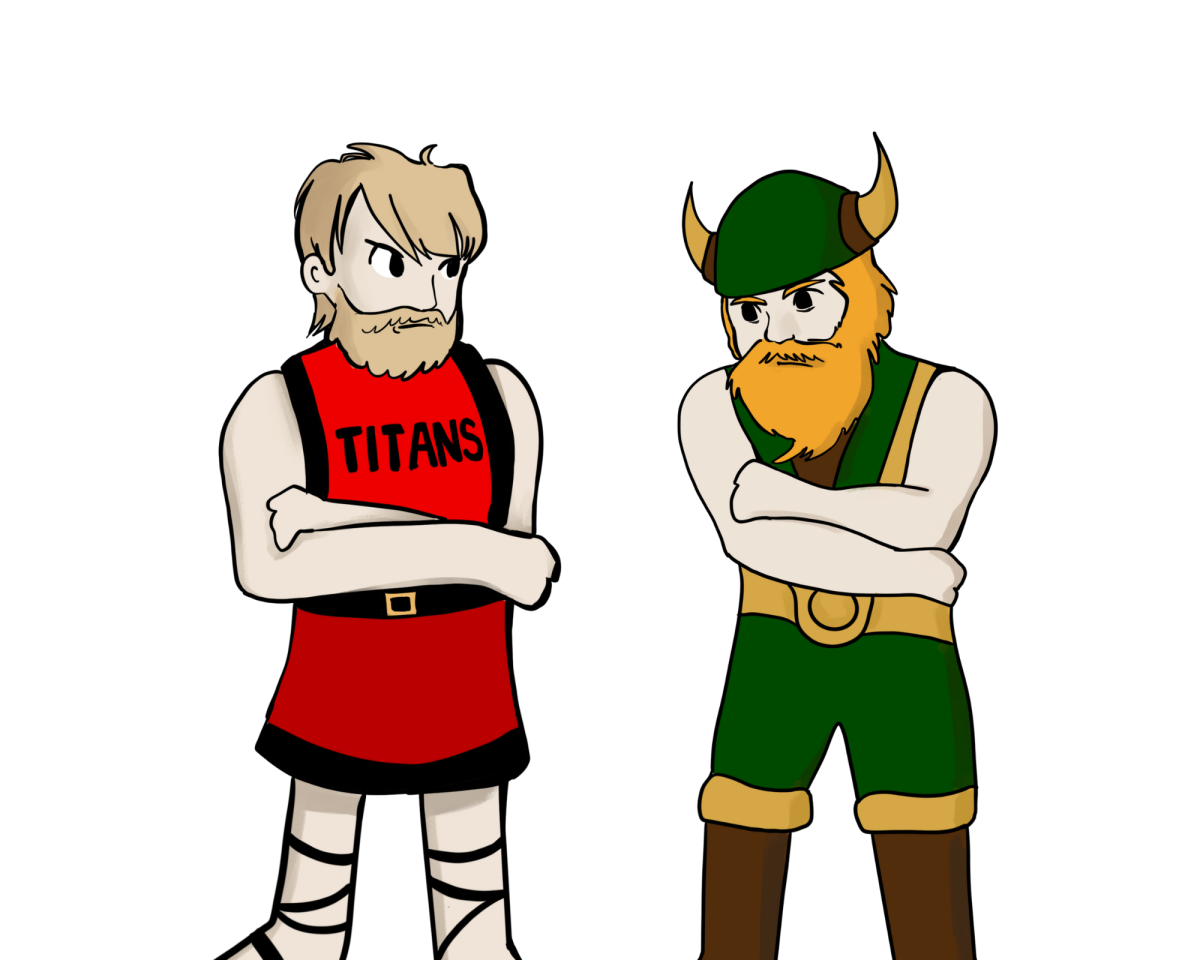Written by Ben Atlas
Pro:
Athletes are often looked down upon as they pass through college admissions under lower academic standards. Stereotyped as dumb jocks, student athletes receive nothing but undeserved resentment from their academically-oriented peers when applying to college. These critics are motivated by envy of the more lax requirements imposed by colleges on athletes. However, athletes deserve the benefits they receive in college admissions because of the constructive qualities in their sport and the real-life application of those qualities.
While it’s true that admissions officers usually require certain sufficiencies in grade point averages (GPA) and high SAT scores, these are desirable because they reflect qualities such as hard work, dedication and critical thinking. Athletic programs prioritize all of those in their own way. An athlete must practice daily if he is to excel at the level needed for college recruitment. The athlete must show leadership among their teammates, work with peers on a daily basis, persevere in the face of competition and analyze strategies in order to emerge victorious. These are the same qualities that go into excellence in the classroom. A student’s grades are meant to reflect his characteristics of teamwork, competitiveness and intellect; the same qualities that athletes project when they are particularly successful in their chosen sport.
In fact, the argument could be made that athletic performance is more indicative of the attributes that admissions officers desire than academic performance. Scholastic tests of excellence are sometimes passed by last-minute cramming, teacher preference and even cheating. Such inconsistencies are less likely in a sport moderated by an impartial referee. Sports can measure the same qualities that academics do on a more accurate scale.
Furthermore, the notion that sports-oriented students are “dumb jocks” is one of inaccuracy. The graduation rate of student athletes is 63 percent, one percent higher than average students. The National Collegiate Athletics Association (NCAA) projects graduation to rise in the coming years to 77 percent. African-American student athletes have a 10 percent higher rate of graduation than their non-athlete counterparts. In 2004, the NCAA studied a group of student athletes for ten years after high school. Within that time, 91 percent of the group were employed and 88 percent had some sort of degree.
Athletes manage to achieve this level of success even with an added burden of daily practice. Practices often last hours every day; they eat into study time and detracting from their opportunity to learn and graduate. In college, athletes have to travel to other schools for away games. Countless time that could be utilized in studying is rendered unusable. Considering the stringent demands of practice, student athletes have ultimately outdone their counterparts who are free of the added burden.
Because athletes outperform their counterparts in terms of college graduation, it is only logical that colleges lower admissions standards for applicants who have to work harder to achieve the same level of academic excellence. The qualities embodied by success in athletics corresponds perfectly with the values of admissions offices, which, when combined with positive academic results that require extra work, should give them rights to more lax demands in other areas. Leniency in college admissions is only just compensation for athletes’ hard work in both academia and their chosen sport.
Con:
College sports, especially football and basketball, have captured the eyes and ears of student athletes everywhere. We love watching the crazy intensity of March Madness and the awe-inspiring plays of Bowl Championship Series (BCS) football games. However, behind the scenes of the most competitive college teams lie unfair advantages for all student athletes, not limited to basketball and football players, who are recruited to elite schools solely due to athletic qualifications. Recruiting athletes based off athletic competence is unfair to students because the lower standards create an inequitable advantage, and the standards have the ability to take away from the athlete’s future.
Needless to say, countless athletes are extremely talented both academically and athletically. Also, numerous universities have strict academic standards as well as elite athletic programs. However, as good as these programs are, it’s true that the academic standards for student athletes are substantially lower than those of non-athletic students at numerous elite institutions.
The National Collegiate Athletic Association (NCAA) uses a sliding scale for students eligibility: with a grade point average (GPA) of 3.5, a student only needs a meager score of 400 on the verbal and math sections of the SAT to be eligible. If a student has the minimum GPA of 2.0, the minimum SAT score is still a relatively low score of 1010 on combined verbal and math sections. Furthermore, in a survey conducted by the NCAA in 2011, the average football and basketball player has an SAT score 200 points below the average.
This is unfair to the majority of applying students who have exceptional grades because athletes with subpar grades are admitted at the expense of other talented students. Lower standards not only affect the majority of students, but have lifelong effects that take away from athletes’ futures.
If students begin to focus less on academics, they are holding themselves back from a successful future. The most recent draft by the National Basketball Association (NBA) draft speaks for this: there are roughly 900 college basketball teams, each with approximately 12 to 13 players, making for approximately 11,250 players. The NBA drafted a total of 60 players, nine of whom are international, leaving 51 players from colleges and universities in the US. This means that out of thousands of college basketball players, fewer than one percent make the cut for the NBA. Some may argue that most athletes, not limited to basketball and football players, work hard on and off the field, and that they have just as high graduation rate. While this is true, athletes possess certain advantages.
According to a survey conducted by Stanford University in 2011, athletes are given advisors who help them choose classes which are known for being easy A’s such as those mentioned in the survey (check out ‘“Beginning Improvising”) and which aren’t preparing athletes for their futures. It’s not worth it for athletes to sacrifice their studies to pursue athletic dreams, because it’s an unlikely fantasy and not preparing them for the real world.
It’s time for universities to stop their own personal interests of winning a championship and start raising the standards for student athletes everywhere. This is not necessarily a bad thing: if athletes work harder in the classroom, it’s likely this hard work can transfer over to the field, the court, or wherever else their sport takes place. Admitting high school graduates to universities for athletic purposes alone and ignoring their academic records is unfair to students and student athletes alike because it reduces the chances of admission for academic-based students and has the potential to ruin the future of athletes after college. How can they even be called student-athletes?











